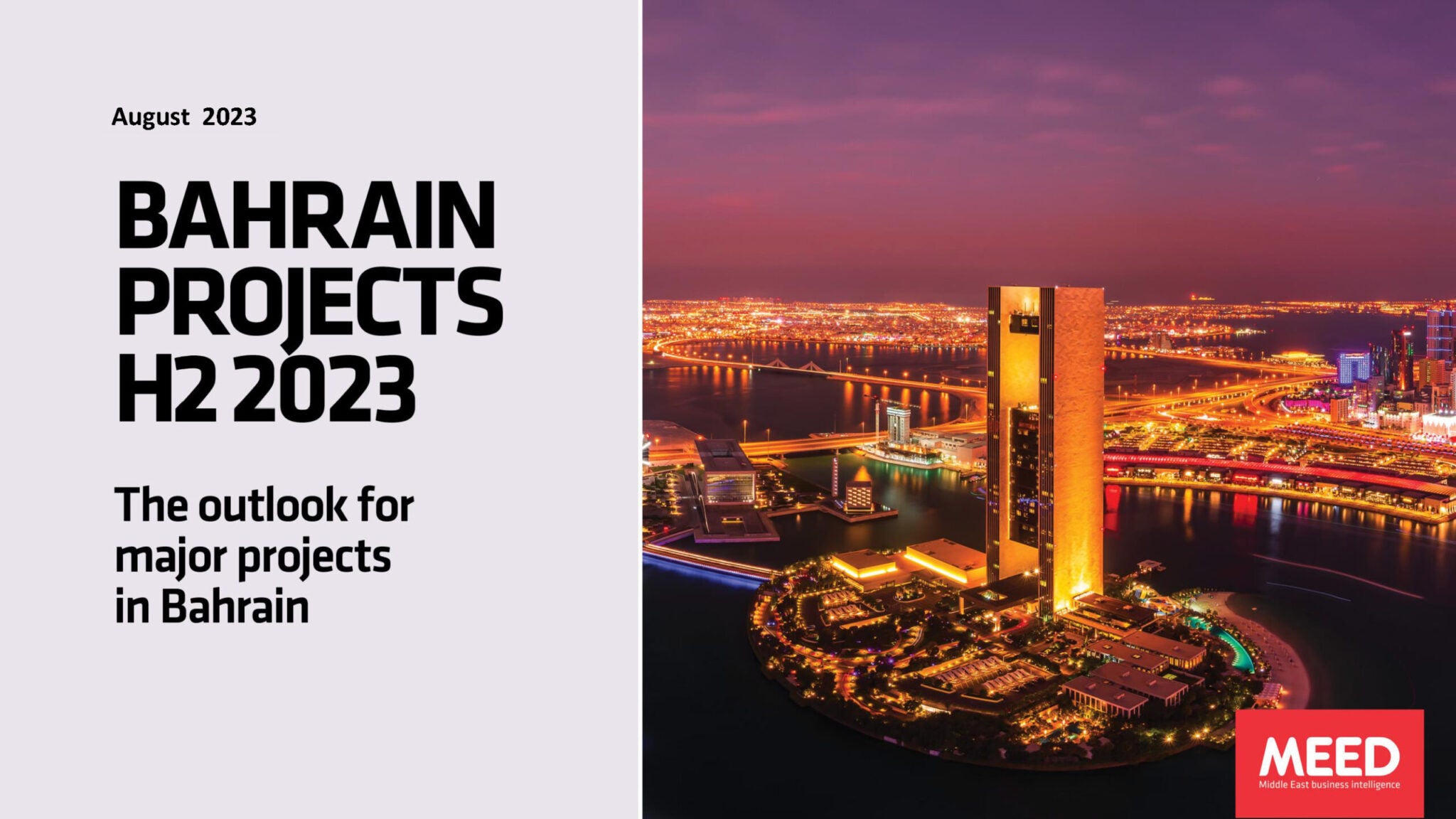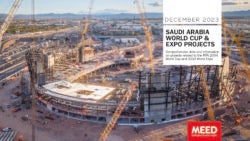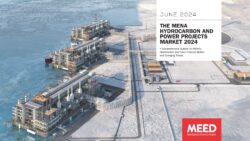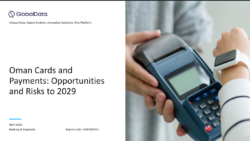Description
Economic climate and strategy
The Bahrain government launched a renewed effort to invigorate the local economy October 2021, with a revamped economic strategy that combined spending cuts with plans to raise more non-oil revenue and attract more investment. The aim is to make the economy more competitive and help it to rebound fromthe Covid-19 crisis. But even before the pandemic, the country had been struggling and some analysts warn that the latest policies are unlikely to deliver the results the government wants.
Some elements of the plan had been flagged up in the preceding weeks, such as the intention to double the VAT rate to 10 per cent and delay the date for balancing the budget until 2024. But some new targets were also included, such as attracting $2.5bn a year in foreign direct investment (FDI) by 2023.
The government plans to make labour market reforms to create 20,000 jobs for locals, simplify issuing business licences and launch a new residency permit programme to attract talent and investors.
It also intends to create new industrial investment areas and wants to see more than $30bn of investment in strategic projects. Six priority sectors have been identified: oil and gas; tourism; logistics; financial services; telecoms, IT and digital economy; and manufacturing. Annual growth of 5 per cent in the non-oil economy from 2022 is also targeted.





Reviews
There are no reviews yet.